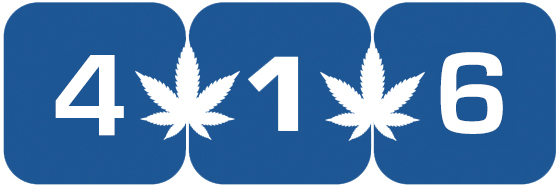Once upon a time, Aleister Crowley tipped off a zealous decency society in Britain to the “conspicuous signs of prostitution” he’d observed in a tiny Scots town. Considering the source, Crowley himself, to be unimpeachable on such matters, the horrified do-gooders dispatched a morality squad to the spot, at considerable expense. When they presently reported no evidence at all of any such thing, Crowley explained, “It is conspicuous by its absence, fools.”
This is not to say Crowley was entirely sane. After his first wife, whom he called the Ape of Thoth, went wholly crazy, he would hang her by the heels in a closet while he entertained girl friends. He named their first girl-child with a string of misogynistic mystical epithets: Nuit Ma Ahathoor Hecate Sappho Jezebel Lilith Crowley, who died, age five, of typhus in Rangoon. He enjoyed few things more, when he was running his fabulous cult playland on Sicily in the 1920s, than watching his female groupies screw animals, which would be bloodily sacrificed just as they achieved orgasm. The only groupie he hexed to death, though, was male: Crowley had him drink some cat’s blood, ordained a day and hour for him to die, and die he obligingly did, on the very second.
Crowley treated cocaine as a test of pure will: Aleister vs. the Drug. There was no way he’d get strung out behind coke. If legions of weak-willed plebians might become slaves to cocaine, was that any suitable grounds for prohibiting it from superior immortals like Crowley? He wrote this paper on cocaine in 1917, when Britain was already following the USA’s lead in banning pleasure drugs, to Crowley’s vast displeasure: “We are not under the laws and do not enjoy the liberties which our fathers bequeathed us; we …
Read More
Author: High Times / High Times






